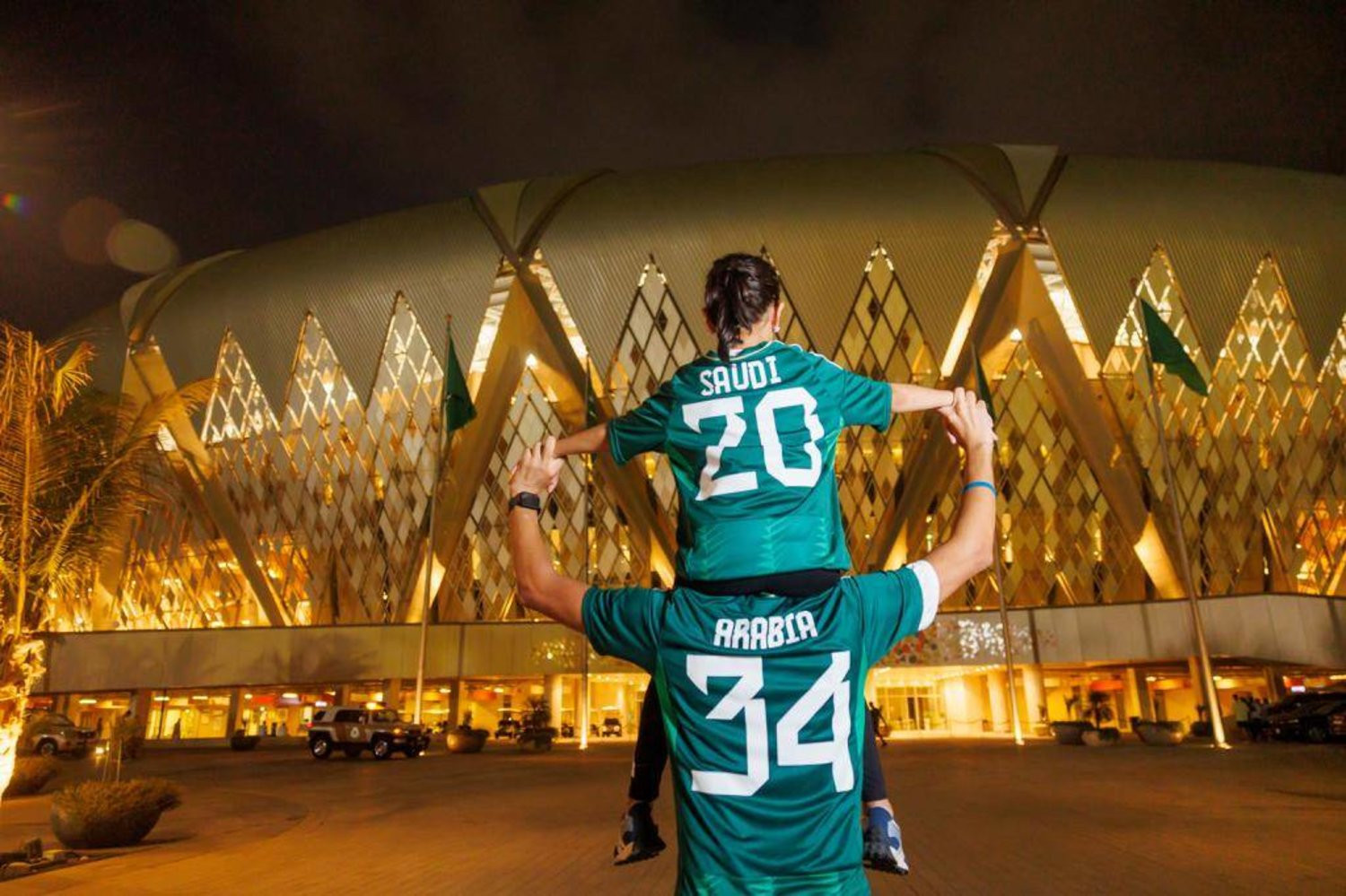Saudi Arabia Awarded 2034 World Cup: A Controversial Decision
The global soccer governing body, FIFA, recently announced the host nations for the upcoming men’s World Cups. The 2030 tournament will be jointly hosted by Spain, Portugal, and Morocco, while Saudi Arabia has secured the rights to host the 2034 World Cup. This decision, however, has ignited significant controversy, with human rights organizations raising serious concerns about the implications of the event for the Kingdom.
Human Rights Concerns and the 2034 World Cup
Multiple human rights organizations, such as Human Rights Watch (HRW), have expressed grave concerns about Saudi Arabia’s human rights record. These concerns focus on issues such as the abuse of migrant workers, restrictions on freedom of speech, and the treatment of minority groups, including LGBTQ+ individuals and women. The HRW report, titled “Die First, and I’ll Pay You Later,” highlights the potential for an “unimaginable human cost” associated with hosting the World Cup in Saudi Arabia, emphasizing the exploitation of migrant workers involved in infrastructure projects related to the event. Many of these workers are still trapped in the Kafala sponsorship system, leaving them vulnerable to various forms of abuse. Despite reforms announced by the Saudi Arabian government, employers maintain disproportionate control over workers, fueling fears about forced labor and other human rights violations. These concerns extend beyond migrant workers, encompassing limitations on press freedom and broader human rights issues.
FIFA's Assessment and Criticisms
FIFA's evaluation report on Saudi Arabia's bid categorized the human rights risk as “medium,” based on an assessment by AS&H Clifford Chance, a Riyadh-based law firm. This assessment, however, has been heavily criticized by human rights groups like ALQST for Human Rights, who argue that the lack of independent human rights organizations operating within Saudi Arabia during the bidding process renders the assessment's legitimacy questionable. Lina al-Hathloul, Head of Monitoring and Advocacy at ALQST, who herself has experienced firsthand the oppression under MBS’s rule, has sharply condemned the Saudi regime and criticized FIFA for accepting this report as evidence of adequate measures. She highlights several egregious human rights violations, including increased executions, imprisonment of activists, and torture within prisons, and emphasizes that Saudi Arabia has crossed a critical “red line” in its treatment of its citizens. The rapid timeline of Clifford Chance’s assessment – completed within six weeks – further undermines the credibility of its findings, as noted by the firm itself. Critics including Amnesty International have condemned FIFA’s assessment as a “whitewash” and have called for halting the process unless significant human rights reforms are implemented. These organizations argue that independent monitoring and engagement with human rights stakeholders are vital before granting such a high-profile event to a country with a questionable human rights record. These claims were supported by several other human rights groups and were highlighted in an open letter written by eleven of them.
Saudi Arabia's Investment in Sports: A Broader Strategy
Saudi Arabia's bid for the World Cup isn't an isolated event; it’s a component of a larger strategy driven by Saudi Vision 2030. This ambitious project, spearheaded by Crown Prince Mohammed bin Salman (MBS), aims to diversify the Saudi Arabian economy and elevate the country's global standing. A significant part of this strategy involves substantial investments in various sports, leveraging the Public Investment Fund (PIF) to acquire major sporting assets and influence global events. The PIF’s investment in sports has expanded into golf, boxing, esports, Formula One, and most notably, soccer. This includes the purchase of Newcastle United in the English Premier League and attracting high-profile players like Cristiano Ronaldo, Karim Benzema, and Neymar Jr. to the Saudi Pro League (SPL). The close relationship between MBS and FIFA President Gianni Infantino has been instrumental in facilitating this investment, making the World Cup hosting a key milestone in this broader strategy. MBS's apparent indifference to criticism regarding “sportswashing” further underscores the strategic importance he attaches to these investments in enhancing the country's image.
Saudi Arabia's Plans and Infrastructure Investments
Saudi Arabia has pledged considerable investment in infrastructure to support the 2034 World Cup, including the construction and renovation of stadiums and hotels. The country has committed to building or renovating 11 stadiums and 185,000 new hotel rooms to ensure the event's success. However, these infrastructure projects also raise further concerns about the potential exploitation of migrant workers and the overall environmental impact of such large-scale construction efforts. This raises parallels with Qatar's 2022 World Cup, where the environmental impact and the human cost of rapid construction were significant concerns. It's unclear whether Saudi Arabia has learned lessons from Qatar’s controversy, as the 2034 World Cup could potentially repeat some mistakes if environmental and human rights concerns aren’t appropriately addressed.
A Predetermined Outcome and the Future of the World Cup
The unopposed nature of Saudi Arabia's bid, with Australia choosing not to compete, raised concerns about the integrity and fairness of the bidding process. This has led to criticisms of FIFA's role, with many suggesting it has prioritized financial interests over human rights considerations. The criticism suggests a pre-determined process, which has caused several organizations to call for greater transparency and stricter adherence to FIFA's reform principles, thereby ensuring that future World Cup allocations are fairer and more aligned with the body’s stated values. This concern has drawn parallels to previous World Cups, particularly those in Russia and Qatar, where human rights controversies marred the celebrations. Many feel FIFA has not learned from previous mistakes and prioritizes economic gains over its own stated values concerning human rights. The 10-year time frame leading up to the 2034 World Cup provides an opportunity for positive change, but requires concerted pressure to ensure meaningful human rights improvements in Saudi Arabia. Only time will tell if Saudi Arabia’s commitment to reform will be sufficient to meet these criticisms. It remains to be seen whether FIFA will fulfill its own promises and uphold its values concerning human rights and fair treatment of workers. The success of the event will depend not only on sporting prowess but also on the respect for human rights and the implementation of adequate safety measures for everyone involved.

















